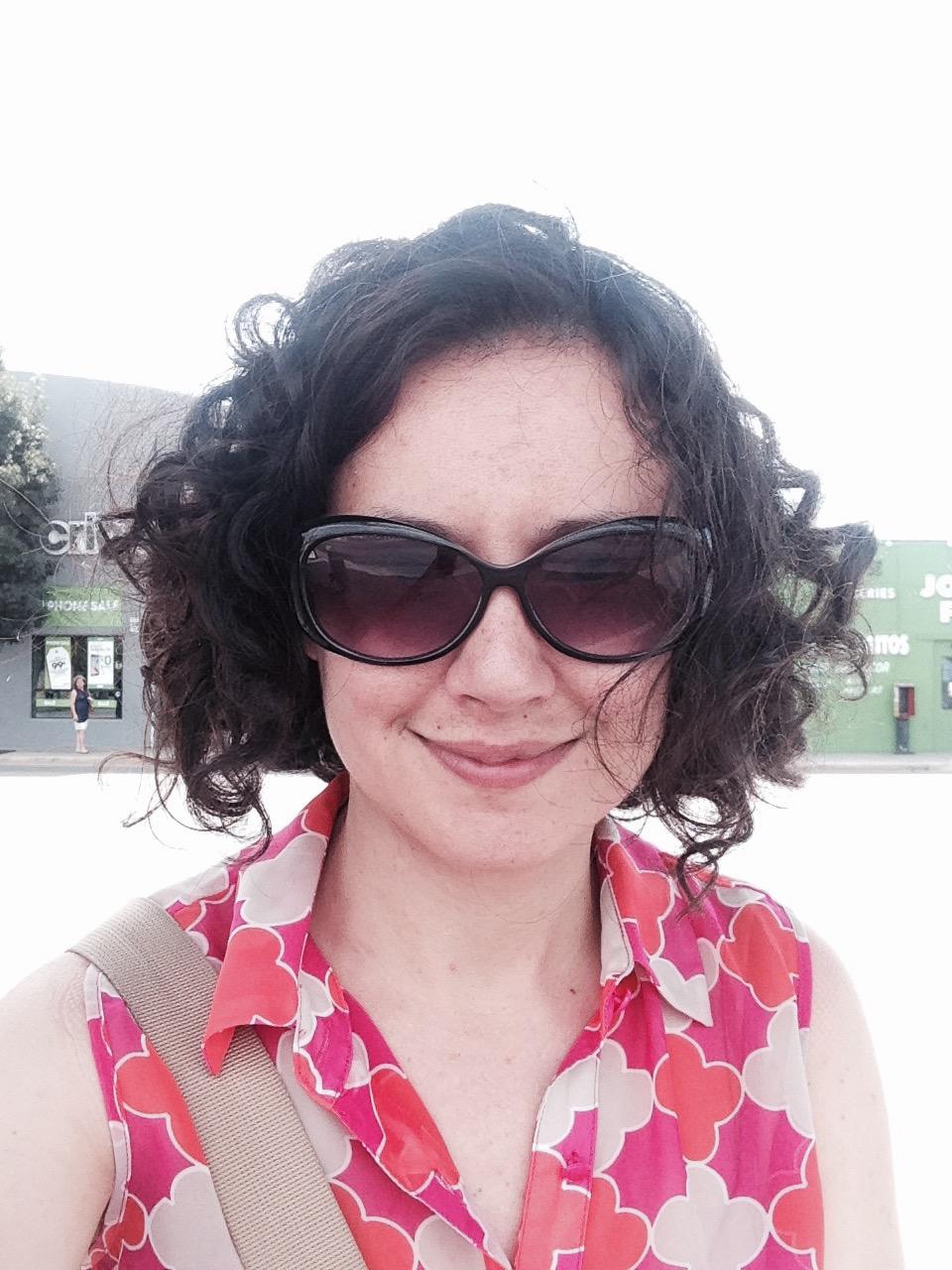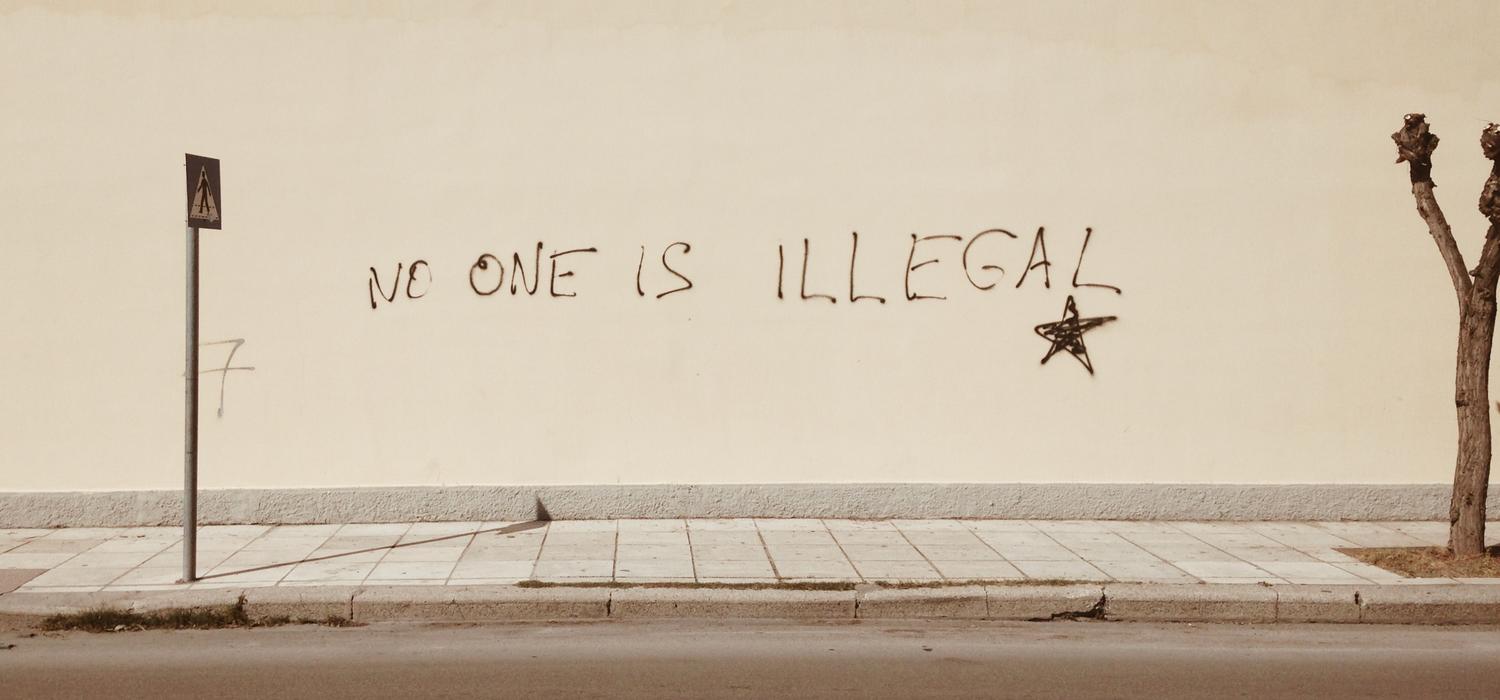
Jan. 27, 2023
What We Are Learning This Week with Dr. Elizabeth Pando Burciaga

January 30, 2023 in POLI 402 Advanced Topics in Politics: Politics of Immigration
Dr. Elizabeth Pando Burciaga is exploring causes of international migration
Can you tell us a little more about this topic?
If those of us in the global north just went by media reports, we would probably overestimate the number of international immigrants, which is about 3.5% of the world’s population. While a person’s reasons to immigrate are often complex, we tend to think of global inequalities as the main reason behind them. However, evidence shows, immigrants do no tend to come from the poorest countries, but rather from middle income ones since international migration requires significant resources. This puts into question the assumption that if we can “fix poor countries,” then people will stop coming.

What else do you cover in your course?
One the themes that we explore throughout the term is how immigration receiving countries categorize immigrants for expediency. Say, someone wants to leave their war-torn country but to become a refugee requires they spend years in a camp. Instead of doing so they immigrate as a worker to another country: Are they immigrating for economic or safety reasons? Our policies require we fit people in a box, and if they don’t, we fault immigrants. However, we should also question the extent to which our policies contribute to these distortions, and in turn, create artificial categories of “deserving” and “undeserving” immigrants.
What do you love about teaching this course?
Teaching this course brings to life how we all are a product of the immigration policies of the Canadian state, whether we are recent immigrants or descendants of settlers. Often in class there will be students whose families have been in different countries before settling in Canada. Students bring to class this knowledge and make connections to course materials because they or their families have lived these policies. This makes for a very engaging course, and I always enjoy teaching it.
Finally, what other courses would you recommend for students interested this topic?
Students interested in the politics of immigration may also be interested in POLI 447 Comparative Public Policy and POLI 485 Global Political Economy
Our Thanks to Dr. Dr. Elizabeth Pando Burciaga for sharing your course with us!
Follow Dr. Pando Burciaga on Twitter @elizpando
